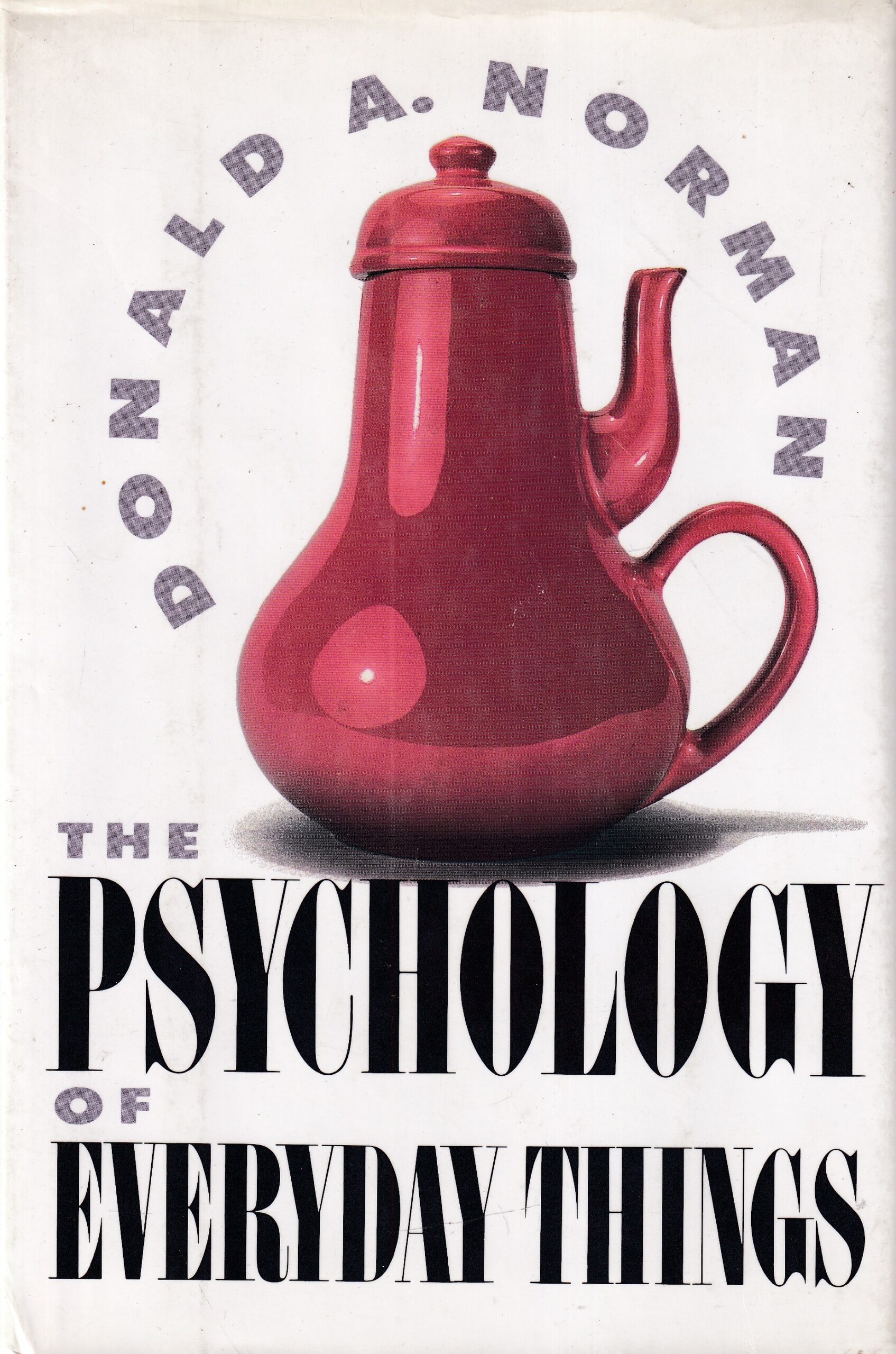Opis
Even the smartest among us can feel inept as we fail to figure our which light switch or oven burner to turn on, or whether to push, pull, or slide a door. The fault, argues this fascinating, ingenious—even liberating—book, lies not in ourselves, but in product design that ignores the needs of users and the principles of cognitive psychology.The problems range from ambiguous and hidden controls to arbitrary relationships between controls and functions, coupled with a lack of feedback or other assistance and unreasonable demands on memorization. The book presents examples aplenty—among them, the VCR, computer, and office telephone, all models of how not to design for people.But good, usable design is possible. The rules are simple: make things visible, exploit





